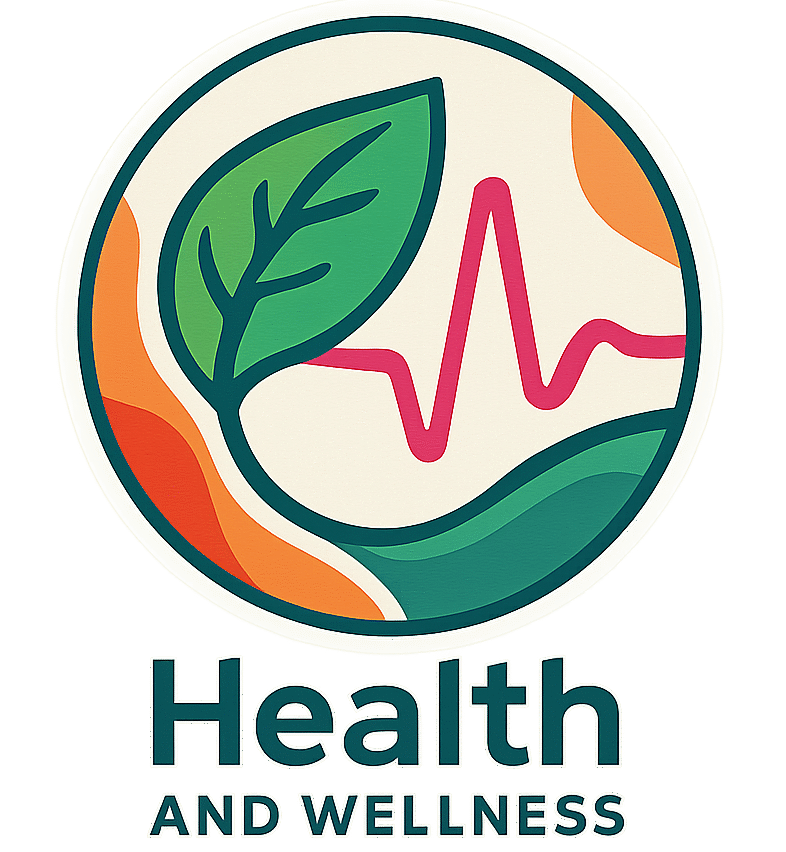Depression is more than just feeling sad or going through a rough patch. It’s a serious but treatable mental health condition that affects how you think, feel, and live your daily life.
If you’ve ever felt like the world has lost its color, your energy is gone, or nothing seems to bring joy anymore — you’re not alone. Millions of people experience depression, and recovery is absolutely possible with the right care and support.
💭 What Is Depression?
Depression (Major Depressive Disorder) is a mood disorder that causes persistent sadness, hopelessness, and loss of interest in things you once enjoyed. It’s not a weakness or a personal flaw — it’s a health condition that affects the brain and body.
Common Symptoms Include:
- Feeling sad, empty, or hopeless for most of the day
- Loss of interest in hobbies, work, or relationships
- Trouble sleeping or sleeping too much
- Fatigue or lack of energy
- Changes in appetite or weight
- Difficulty concentrating or making decisions
- Feelings of guilt or worthlessness
- Thoughts of self-harm or suicide
🩵 If you ever feel hopeless or unsafe, please reach out for immediate help.
In the U.S., call or text 988 (Suicide & Crisis Lifeline) — it’s free, confidential, and available 24/7.
🧠 How Depression Affects Your Daily Life
Depression doesn’t just live in your mind — it touches every part of your life.
1. Emotional Health
Depression can make it hard to feel joy or hope. You might cry more easily, feel empty, or struggle to connect with your emotions.
💡 Tip: Journaling or talking to a trusted friend can help you express your feelings.
2. Physical Well-Being
Your body and mind are connected. Depression often causes tiredness, muscle tension, and body aches. It can also affect your appetite and sleep, leading to more exhaustion.
💡 Tip: Eat balanced meals, move your body gently, and get sunlight when possible.
3. Relationships
Depression can make you withdraw from people or feel like no one understands you. This isolation can make symptoms worse.
💡 Tip: Stay connected — even short phone calls or walks with friends can lift your mood.
4. Work and Productivity
It’s hard to focus or stay motivated when you’re depressed. Simple tasks can feel overwhelming, and it may impact your performance at work or school.
💡 Tip: Set small, realistic goals. Completing one task at a time builds confidence and momentum.
🌿 Treatments for Depression
The good news? Depression is highly treatable. The key is to find the approach that works best for you.
1. Therapy (Counseling)
Talking to a licensed therapist helps you understand and manage your feelings. Common types include:
- Cognitive Behavioral Therapy (CBT): Helps change negative thought patterns.
- Talk Therapy: Offers emotional support and coping tools.
- Group Therapy: Connects you with others who share similar experiences.
2. Medication
Antidepressants can help balance chemicals in your brain that affect mood and energy. Only take them under the guidance of a healthcare professional.
💡 Tip: Medication often works best when combined with therapy and healthy habits.
3. Lifestyle Changes
- Exercise regularly: Movement releases endorphins that boost mood.
- Eat nourishing foods: Focus on whole grains, veggies, and omega-3 fats.
- Sleep well: Aim for 7–9 hours each night.
- Practice mindfulness: Meditation, prayer, or deep breathing helps calm the mind.
- Limit alcohol and caffeine: They can make mood swings worse.
4. Support Systems
Connecting with family, friends, or support groups can ease loneliness and give you hope. Sharing your story helps break the stigma and reminds others that healing is possible.
“You may not control the storm, but you can learn to dance in the rain — one small step toward healing each day.” 🌤️
